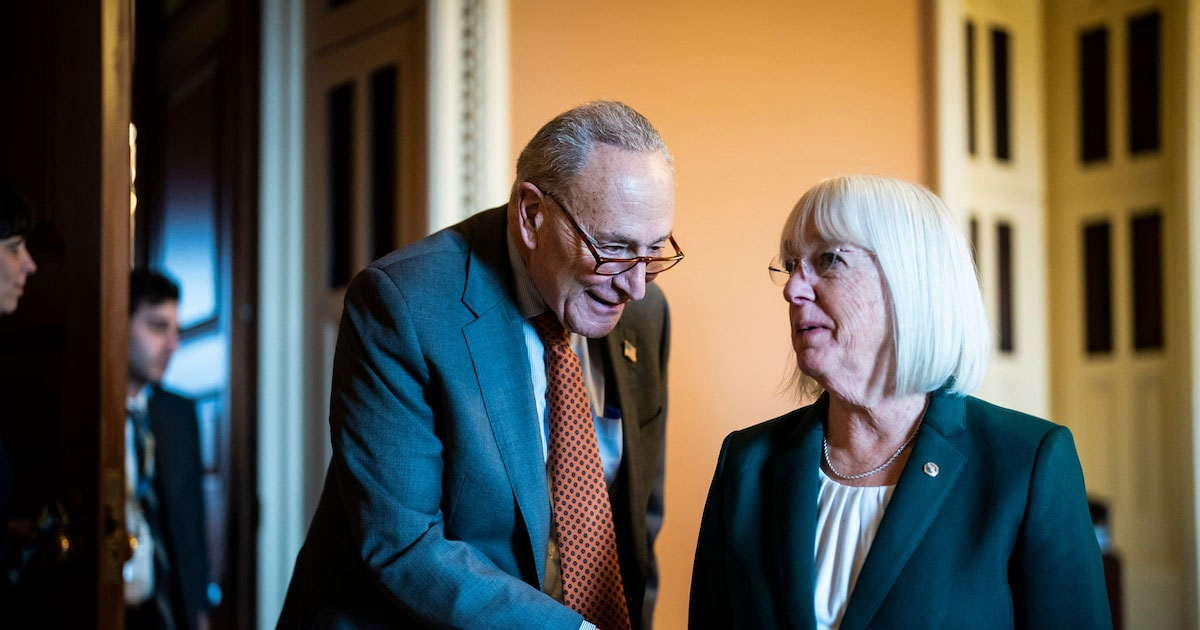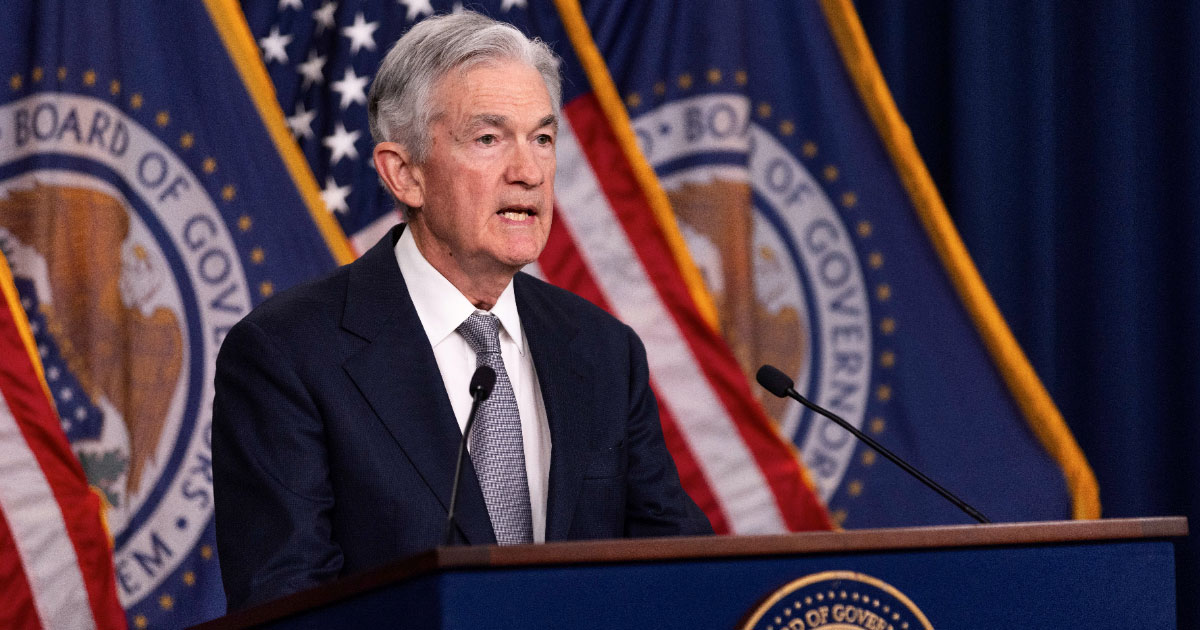President Joe Biden is anticipated to sign the legislation that will provide funding for the government until March 14. The issue of the debt ceiling remains unaddressed, a significant request from President-elect Donald Trump.
Early Saturday morning, the Senate approved a bill aimed at keeping the government operational for an additional three months. The legislation now heads to President Joe Biden for his signature, effectively averting a potential government shutdown during the holiday season.
The final tally for the vote stood at 85 in favor and 11 against.
Hours earlier, the bill was passed by the Republican-controlled House. The final vote, which occurred after the midnight deadline, was crucial in averting a government shutdown. The White House confirmed that President Biden is set to sign the bill on Saturday, ensuring that U.S. troops, Border Patrol agents, air traffic controllers, and millions of other federal workers will not be required to work without pay.
Emilie Simons, the White House Senior Deputy Press Secretary, stated on X that agencies will not shut down and may continue their normal operations.
The House voted overwhelmingly in favor, with a tally of 366 to 34. Notably, all dissenting votes were cast by Republicans, and one member chose to vote present. The week concluded with significant developments that hinted at the challenges the new Congress may face in January regarding the unpredictable nature of Donald Trump’s potential return to the White House.
The package allocates funding for the government at existing levels until March 14, incorporating $100 billion for disaster relief and a one-year farm bill. Notably, it excludes a debt limit extension that President-elect Trump requested earlier in the week.
On Wednesday, Trump issued a warning to “Any Republican” who supported a funding bill lacking a debt limit extension. By Friday, 170 House Republicans proceeded to do exactly that.
“Tonight, in a display of bipartisan support, we are pleased to announce that the American Relief Act of 2025 has been passed with an overwhelming majority of votes.” “This is a very important piece of legislation,” stated House Speaker Mike Johnson, R-La., during a press briefing following the vote. “The funding for the government is secured, extending until March of 2025.” The statement emphasized the significance of the issue at hand, highlighting it as a major focus for the team.
He promised that “things are going to be very different around here” next year when Trump returns and Republicans take control of the Senate.
Senate Majority Leader Chuck Schumer, D-N.Y., expressed optimism late Friday, stating that it was “good news” that the Senate had achieved unanimous agreement to bypass the usual obstacles and expedite the passage of the funding bill.
Just three days ago, leaders from both the House and Senate reached a bipartisan agreement to ensure the government remains operational. However, that deal was abruptly undermined by former President Trump and his billionaire associate Elon Musk, who demanded last-minute changes to either extend or eliminate the debt limit in order to facilitate Trump’s agenda for the upcoming year.
A backup plan, reduced from the original agreement and supported by Trump and Musk, ultimately failed on the House floor. It was defeated by Democrats along with 38 Republicans who opposed the debt extension.
Johnson, currently engaged in a battle to retain his position as Speaker, finds himself with limited viable options. Following an extensive two-hour meeting with grassroots Republicans on Friday, Johnson informed his party that he would be advancing Plan C. This plan consists of the same package that was presented to the floor the previous day, but it excludes the debt increase proposed by Trump.
After leaving the private GOP meeting, Johnson informed reporters that a shutdown would not occur and emphasized that House Republicans are “unified.”
Johnson stated, “We will not have a government shutdown, and we will meet our obligations for our farmers who need aid, for the disaster victims all over the country, and for ensuring that military and essential services, as well as everyone who relies on the federal government for a paycheck, are paid over the holidays.”
Johnson reported that he had conversations with both Trump and Musk on Friday. The speaker stated, “I’ve talked to President Trump, in detail, and he knows exactly what we’re doing.”
Musk seemingly supported the plan during the House vote, posting on his social media platform X that Johnson “did a good job here, given the circumstances.”
According to a source familiar with his thinking, the president-elect has opted to stay silent regarding the bill. A source indicated that Trump remains inclined to tackle the debt ceiling, stating, “Johnson should have heeded the advice from the President-elect on this matter a month prior.” Moreover, this has been a recurring theme in every discussion that has followed.
Sources indicate that Trump might be prepared to accept a “win” on a funding deal that reduces a considerable portion of what he perceives as “pork.” This process has reportedly provided Trump’s team with valuable insights into the voting dynamics within both parties as they approach the debt limit negotiations for the upcoming year.
In a strategic move to navigate Trump’s recent demand for an increase in the debt ceiling, Republicans have reportedly reached a consensus to cut over $2 trillion in government spending. Additionally, they are expected to incorporate a debt hike into a reconciliation package anticipated for next year, as confirmed by several lawmakers.
Some Republicans express skepticism regarding the value of the debt limit agreement, questioning whether it holds any real significance.
Rep. Tim Burchett, R-Tenn., remarked, “They call that a gentleman’s agreement, I think.” “There are no gentlemen present in this area, my friend.”





